Muhammad Yunus Appointed Interim Leader of Bangladesh Following Ouster of Sheikh Hasina
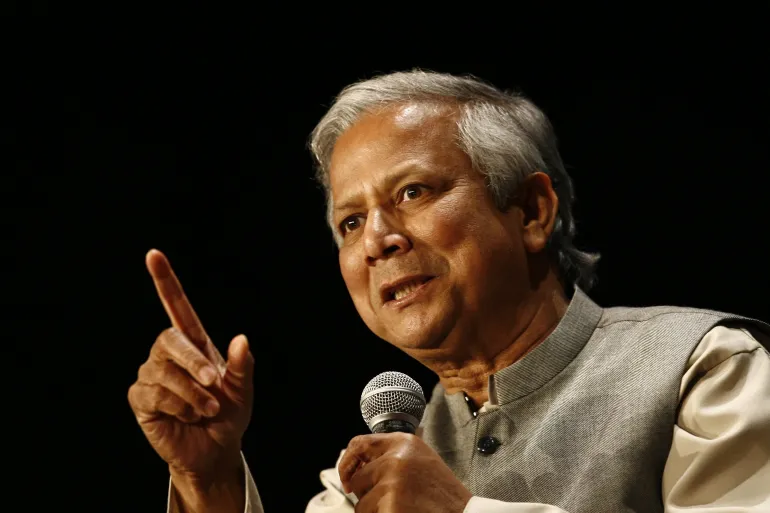
Dhaka, Bangladesh -In a dramatic turn of events, Nobel laureate Muhammad Yunus has been appointed as the interim leader of Bangladesh, following the ouster of long-time Prime Minister Sheikh Hasina. The appointment of the 84-year-old Yunus came just a day after Hasina fled the country amid deadly protests demanding her resignation.
Prof Yunus, renowned for his pioneering work with microloans through Grameen Bank, is set to return to Dhaka from Paris, where he was undergoing a minor medical procedure. His spokesperson confirmed his imminent return, stating, “When the students who sacrificed so much are requesting me to step in at this difficult juncture, how can I refuse?”
The decision to name Yunus as chief adviser of the interim government was made after a critical meeting between President Mohammed Shahabuddin, military leaders, and student representatives. The student-led protests, which began in early July over civil service job quotas, escalated into a broader anti-government movement that saw over 400 people lose their lives in clashes with government forces.
On Monday, the single deadliest day of the protests, more than 100 people were killed nationwide, and numerous police stations were set ablaze. This violent unrest culminated in protesters storming and looting Hasina’s official residence in Dhaka, prompting her resignation and hasty departure to neighboring India.
Hasina’s nearly 15-year rule was marked by significant economic growth but also increasing criticism for her authoritarian tactics, including the imprisonment of political opponents like ex-Prime Minister Khaleda Zia and activist Ahmad Bin Quasem. Both were released shortly after Hasina’s exit.
Prof Yunus, who is appealing a six-month jail term for violating labor laws, has long been a thorn in Hasina’s side. He has faced numerous allegations, including defamation of politicians and tax evasion, which many believe were politically motivated. Despite these challenges, Yunus remains a celebrated figure for his work with Grameen Bank, earning the Nobel Peace Prize in 2006 for demonstrating that even the poorest individuals can drive their own development.
International reactions to Yunus’s appointment have been cautious yet hopeful. US Secretary of State Antony Blinken emphasized the need for the interim government to “respect democratic principles” and “reflect the will of the people.” Australian Foreign Minister Penny Wong urged all parties to avoid violence and respect universal rights.
As Bangladesh navigates this uncertain period, all eyes are on Prof Yunus and the interim government’s next steps to stabilize the nation and restore democratic governance. Meanwhile, Sheikh Hasina’s future remains unclear as she continues to reside in India, a country that shares a significant border with Bangladesh and is keenly watching the developments unfold.








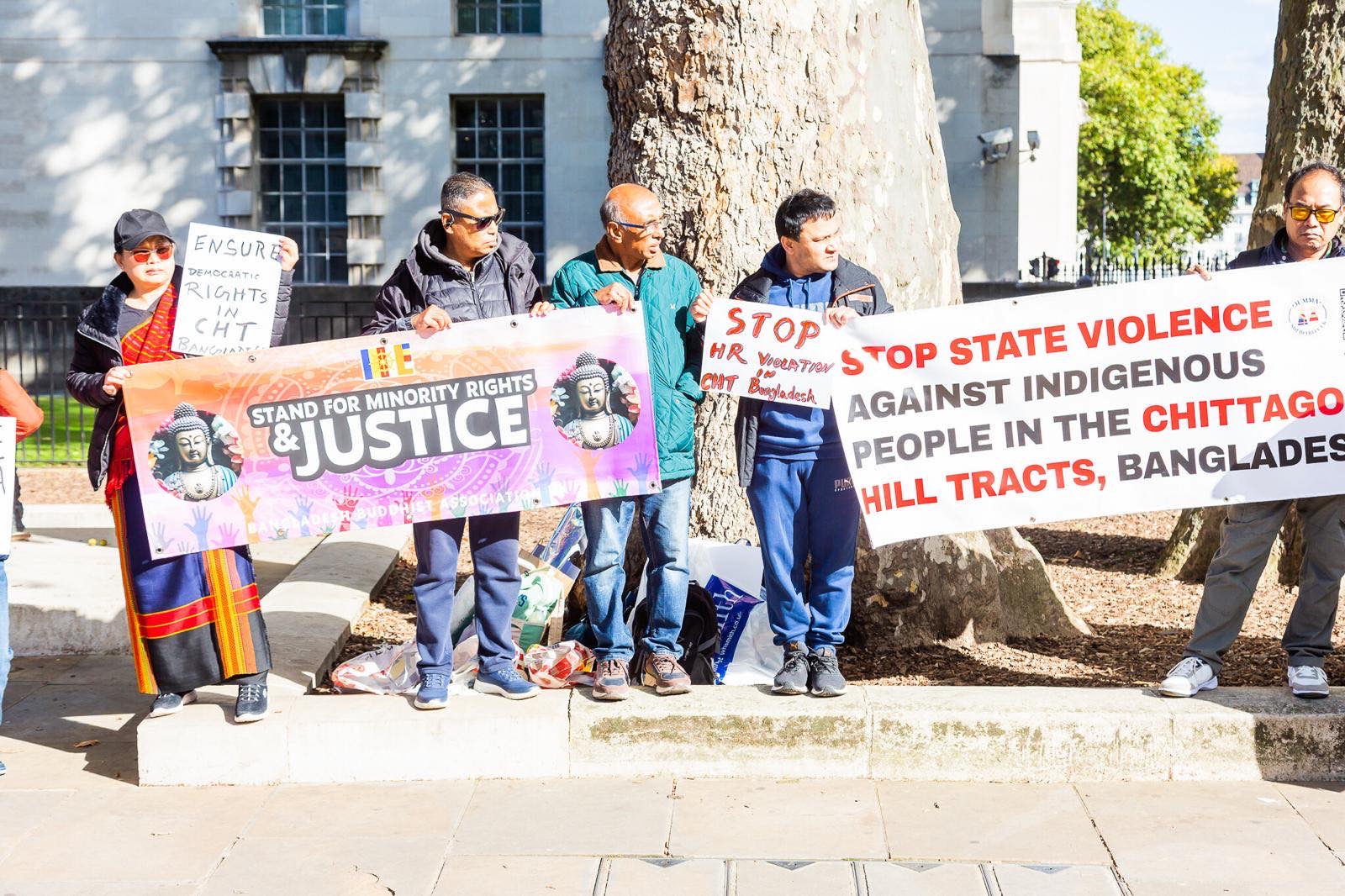
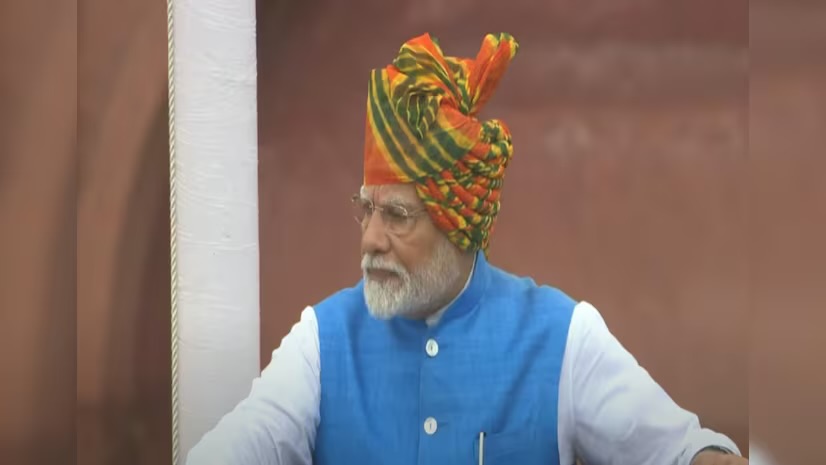
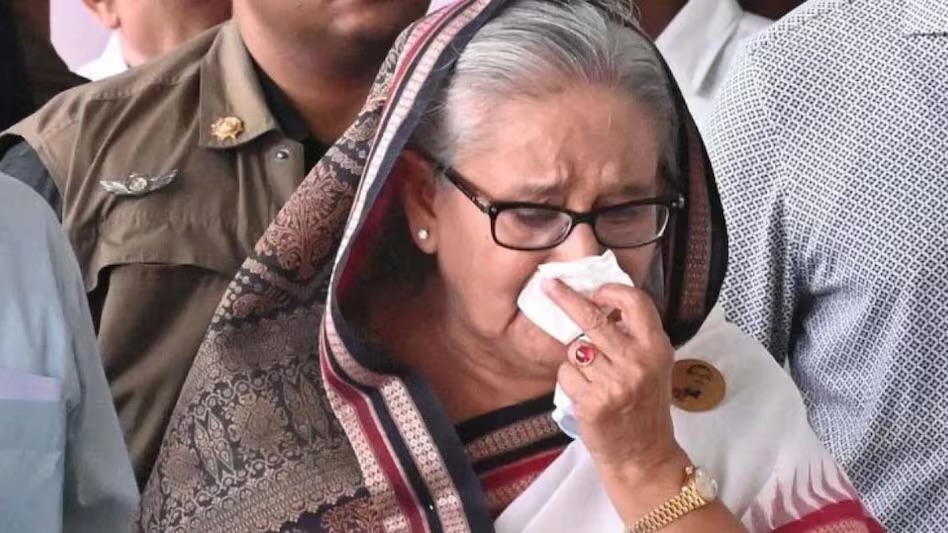
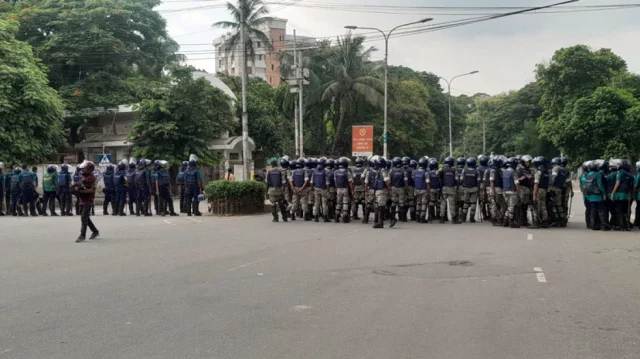







Facebook Comments